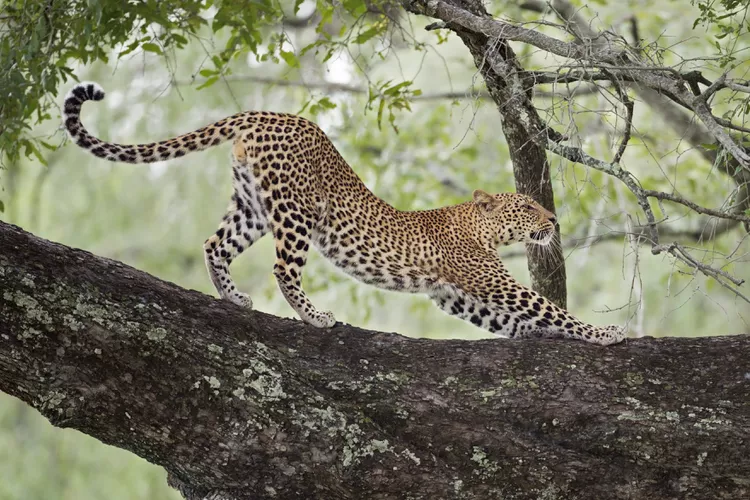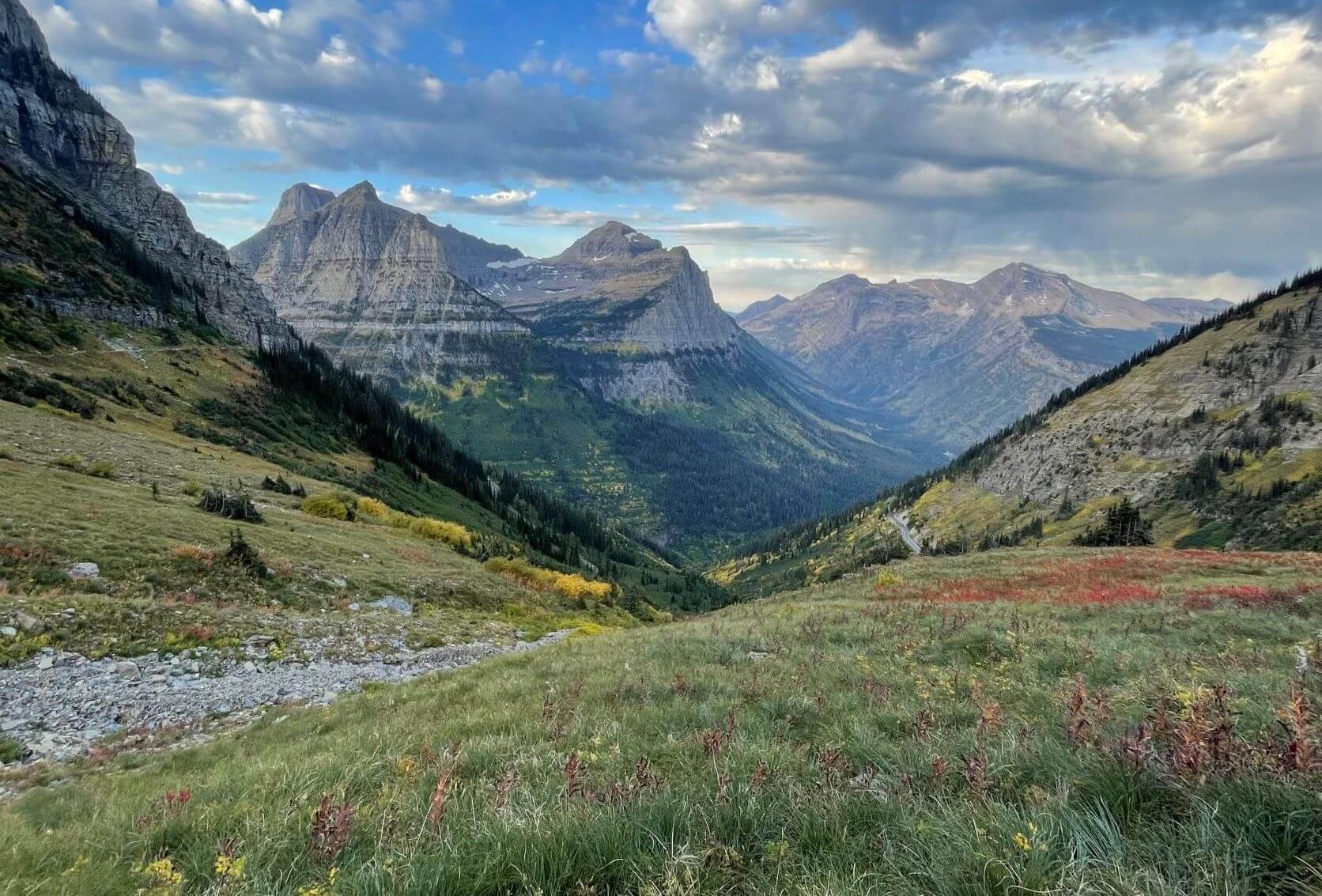Summary
Despite being widely distributed throughout Southern Africa, leopards are the most elusive of Africa’s big cats and the hardest member of the Big Five to locate. This difficulty stems from their solitary nature and their ambush hunting style, which compels them to remain hidden in regions dense with bush and trees. In numerous habitats, leopards are known to be nocturnal animals. Challenges such as habitat loss, poaching, and conflict with agricultural practices have contributed to their global decline. Nevertheless, there are notable safari destinations that are recognized for their thriving leopard populations. Alongside visiting these prime spotting locations, effective strategies for finding leopards involve participating in night drives, looking upwards as leopards frequently rest in trees, and paying attention to the alarm calls of prey like antelope and baboons.
South Luangwa National Park, Zambia
South Luangwa National Park is situated in the eastern part of Zambia, within the Luangwa Valley. This area is aptly nicknamed the Valley of the Leopard, as it contains Africa’s highest density of these exquisite felines. Estimates indicate one leopard can be found for every two square kilometers. The park proves to be excellent leopard territory due to its significant prey abundance and dense woodland, which are conducive to their ambush strategy. Leopards in South Luangwa are notably bold, often visible during the day while resting in trees or hunting in plain sight of safari attendees. Uniquely, night drives are permitted here, further enhancing opportunities for leopard observation. The best time for sightings is during the dry season (August to October), when wildlife tends to congregate around water sources.
Sabi Sands Game Reserve, South Africa

While South Luangwa boasts the highest leopard density, if you wish to encounter leopards in a globally renowned setting, explore South Africa’s Sabi Sands Game Reserve. This reserve borders the western edge of Kruger National Park, with which it shares an unrestricted boundary. Rangers at Londolozi Lodge have been observing the leopards for over 40 years and can identify individual cats in the area. Their extensive understanding of the leopards’ behaviors and territories significantly increases your chances of close encounters. Londolozi recognizes 20 named leopards in their database but has encountered over 50 individuals in the vicinity during a recent 11-month interval. The most remarkable sightings often occur during sunset game drives when off-road travel is permitted for better positioning. The lodge also organizes specialized photography safaris aimed at capturing images of these incredible big cats.
Moremi Game Reserve, Botswana

Botswana is home to numerous exceptional locations for leopard spotting, particularly those near the edges of the Okavango Delta. Among these, the Savuti and Linyati reserves are noteworthy, situated between the Okavango and Chobe National Park. However, many experts regard Moremi Game Reserve as the premier destination. Located in the Delta’s eastern section, it features the Khwai River Region, where permanent water bodies attract an abundance of wildlife and dense woods provide ideal stalking opportunities for leopards. Due to the high concentration of leopards, daytime sightings are almost guaranteed. For night excursions, staying at a private concession such as the luxurious Khwai River Lodge is recommended. Taking a night drive offers an exhilarating chance to spot leopards and a variety of other nocturnal species. Moremi Game Reserve also hosts lions, cheetahs, and the endangered African wild dog.
Maasai Mara, Kenya

Although Maasai Mara National Reserve is typically renowned for its lion prides, its leopards have also garnered attention, especially following the acclaimed documentary Big Cat Diaries. To increase your chances of spotting leopards, it is advisable to avoid the grasslands dominated by lions and cheetahs, instead focusing on the wooded riverine areas where predator sightings are more frequent. From July to November, when millions of wildebeest and zebra migrate from the Serengeti into the Mara Triangle, leopard sightings become more likely, particularly since the weak and young prey are readily accessible. For accommodations that prioritize leopard sightings and conservation, consider Angama Mara. This lodge allows guests to contribute to its photographic identification database, enhancing the understanding of leopards and fostering more sightings. Since early 2018, 22 individual leopards have been recorded. Unlike Moremi, Maasai Mara prohibits night drives; therefore, for after-dark leopard encounters, consider spending time in a private conservancy.
Okonjima Nature Reserve, Namibia

For almost guaranteed leopard sightings, head to Okonjima Nature Reserve in northern Namibia. Nestled in the foot of the Omboroko Mountains, this reserve is home to The AfriCat Foundation, which focuses on rehabilitating injured predators and conducting research alongside community education. Rescued leopards roam freely within the reserve’s 200 square kilometers and are fitted with radio tracking collars as part of a population density project. While some travelers may prefer a more traditional safari experience without the aid of technology, this method ensures a closer and more sustainable observation of leopards while supporting conservation. Visitors also have opportunities for on-foot tracking of cheetahs or can join night drives offering glimpses of caracals, aardwolves, brown hyenas, and bat-eared foxes. Moreover, various bush villas and camps featuring nocturnal hides with floodlit waterholes provide guests the chance to spot leopards comfortably from their accommodations. Lastly, AfriCat runs a fundraising program for carnivore adoptions.





